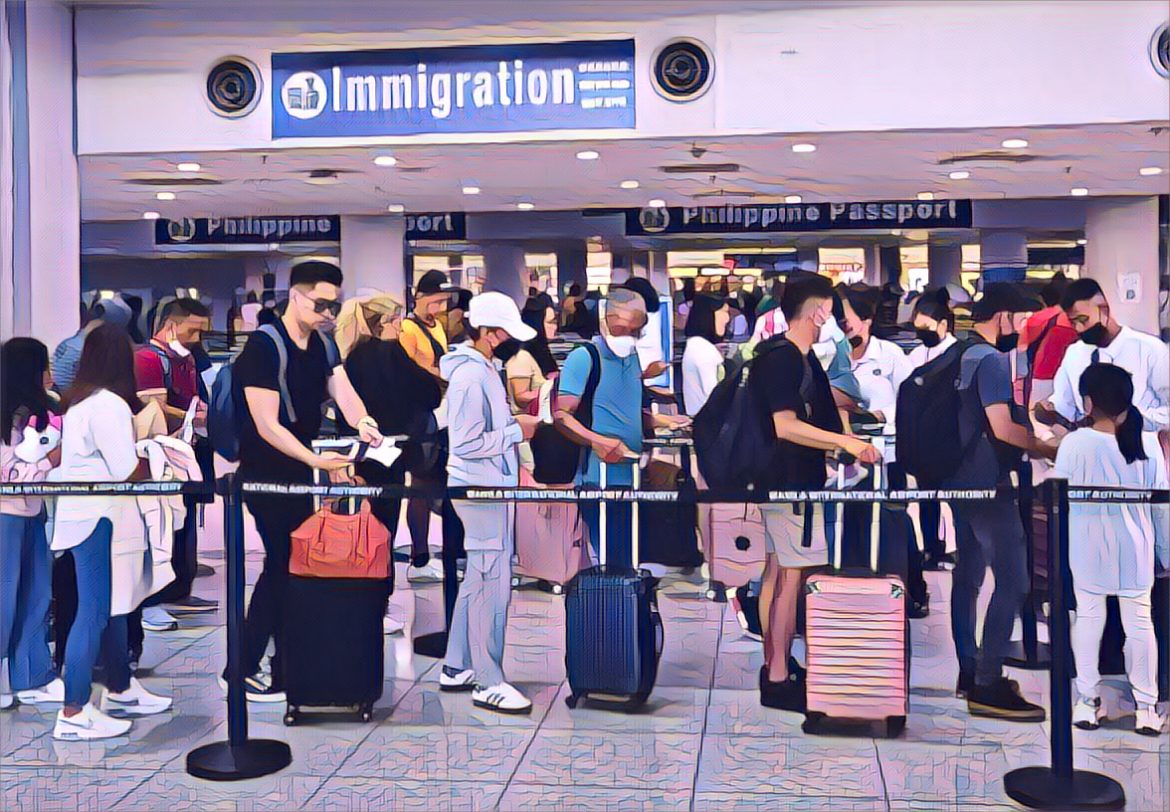Nigeria has joined the ranks of countries that use biometric technology to streamline the immigration process at their airports. The federal government has installed 30-second biometric clearance gates at all international airports across the nation, according to the Minister of Interior, Olubunmi Tunji-Ojo.
The biometric gates, which are expected to be operational by March 2024, can screen and clear a passenger within 30 seconds without any interaction with immigration personnel. This will provide seamless and efficient clearance services for travelers arriving through any of the international airports, the minister said.
The biometric gates are part of the border control management system, which also integrates the Advanced Passenger Information System (APIS) and the Command and Control Centre. These facilities not only facilitate smooth entry and exit for passengers, but also bolster the nation’s national security architecture, as they enable security agencies to monitor individuals of interest entering the country in real time.
The minister, who inspected the biometric equipment at the Nnamdi Azikiwe International Airport in Abuja and the Command and Control Centre at the Nigeria Immigration Service (NIS) Headquarters on Monday, said he was impressed by the level and pace of work.
He said the project was in line with the Renewed Hope Agenda of President Bola Tinubu, who has pledged to provide quality services to Nigerians and improve the country’s image abroad.
“We have decided that the more the gates at the airports, the easier it would be for passengers to be cleared. And looking at the ones that have been tested, it takes about 30 seconds for a passenger to clear, so I look at the solutions and the hardware, and I think they are top-notch,” he said.
He added that once the system is completed, Nigerians will no longer be at the mercy of immigration officers whenever they arrive in the country, except they are persons of interest.
“This facility is not just for you to pass at record time, no. It is also to secure the nation and add another layer to our national security architecture. If a person is a person of interest, he can easily be flagged. And this gives our immigration support to be able to effectively do their jobs,” he said.
The minister said Lagos would have 17 gates, Abuja 10, Port Harcourt and Kano five each, and Enugu four. He said the project was being executed in collaboration with the International Air Transport Association (IATA) and other stakeholders.
Nigeria is not the first African country to adopt biometric technology at its airports. According to a report by the African Union and the International Civil Aviation Organization, 47 African countries have implemented or are implementing biometric systems for passenger identification and verification.
The report said biometric technology can enhance the security, efficiency and convenience of air travel, as well as facilitate the implementation of the Single African Air Transport Market and the African Continental Free Trade Area.
Source: BusinessDay


